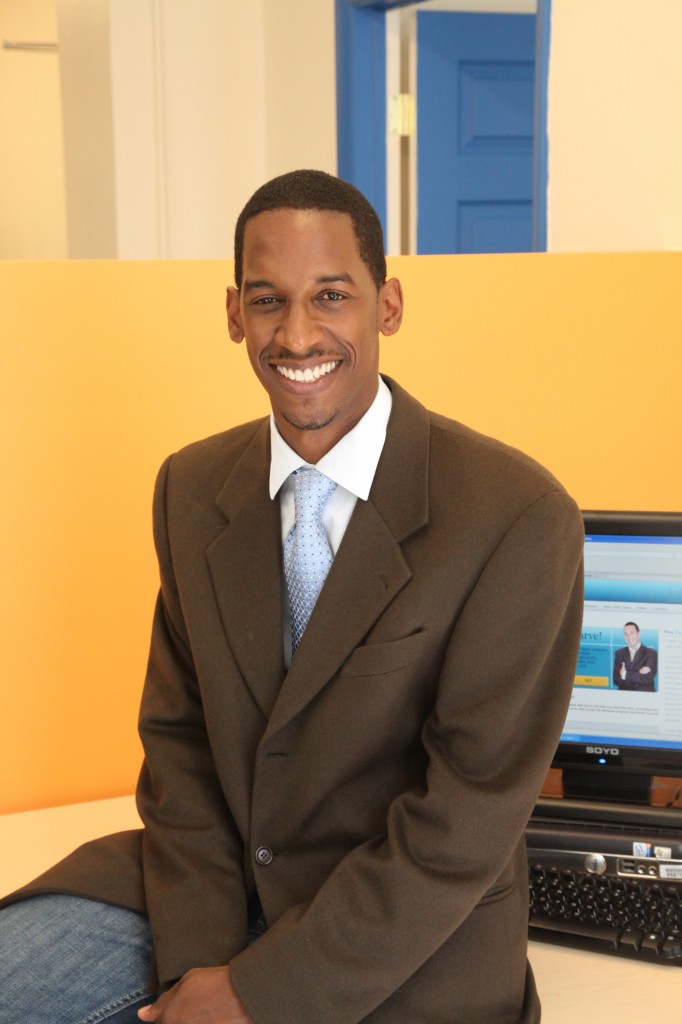On the February 1, 2010 edition of #CollegeChat at 9 pm Eastern and 6 pm Pacific we will be discussing:
Is Amy Chua right? What lessons can we learn from Amy Chua about preparing our children for success in school?
As many of us know, Amy Chua, a Yale professor but perhaps better known today as the “Tiger Mom”, set off a firestorm of debate with her article for the Wall Street Journal “Why Chinese Mothers are Superior.” As of this writing, there have been 7674 comments logged to date and countless other newspaper, blog posts and television reports.
In the Wall Street Journal piece, which is an excerpt from Chua’s new book “Battle Hymn of the Tiger Mother” , Chua writes:
Here are some things my daughters, Sophia and Louisa, were never allowed to do:
• attend a sleepover
• have a playdate
• be in a school play
• complain about not being in a school play
• watch TV or play computer games
• choose their own extracurricular activities
• get any grade less than an A
• not be the No. 1 student in every subject except gym and drama
• play any instrument other than the piano or violin
• not play the piano or violin.
Furthermore, Chua explains:
Despite our squeamishness about cultural stereotypes, there are tons of studies out there showing marked and quantifiable differences between Chinese and Westerners when it comes to parenting. In one study of 50 Western American mothers and 48 Chinese immigrant mothers, almost 70% of the Western mothers said either that “stressing academic success is not good for children” or that “parents need to foster the idea that learning is fun.” By contrast, roughly 0% of the Chinese mothers felt the same way. Instead, the vast majority of the Chinese mothers said that they believe their children can be “the best” students, that “academic achievement reflects successful parenting,” and that if children did not excel at school then there was “a problem” and parents “were not doing their job.” Other studies indicate that compared to Western parents, Chinese parents spend approximately 10 times as long every day drilling academic activities with their children. By contrast, Western kids are more likely to participate in sports teams.
Can our children wait for Obama’s Education Reform? What can we do today?
In President Obama’s State of the Union address Tuesday night he challenged his audience “To win the future … we also have to win the race to educate our kids.” According to Amanda Paulson’s reporting for the Christian Science Monitor, Obama detailed specific proposals in his speech:
- Prepare 100,000 more science, technology, engineering, and math teachers by the end of the decade.
- Make permanent the tuition tax credit – worth $10,000 for four years of college – and expand the Pell Grant program.
- Replace No Child Left Behind with a new, more flexible law, that he said should be modeled after his competitive Race to the Top grant program.
During his speech Obama argued that there needed to be a partnership between parents, citizens and the educators themselves to focus on “what’s best for our kids.” “If we take these steps – if we raise expectations for every child, and give them the best possible chance at an education, from the day they’re born until the last job they take – we will reach the goal I set two years ago: by the end of the decade, America will once again have the highest proportion of college graduates in the world,” Obama said.
Background Reading for Chat
http://www.nytimes.com/2011/01/18/opinion/18brooks.html?src=tp
http://www.nytimes.com/roomfordebate/2011/01/13/is-extreme-parenting-effective?ref=opinion
http://online.wsj.com/article/SB10001424052748704111504576059713528698754.html
http://blogs.wsj.com/ideas-market/2011/01/18/the-tiger-cub-roars/
http://blogs.wsj.com/ideas-market/2011/01/13/the-tiger-mother-responds-to-readers/
http://www.dailynews.com/news/ci_17200074
http://www.sacbee.com/2011/01/26/3351794/tiger-mother-adds-to-stereotype.html
http://www.huffingtonpost.com/michael-roth/investing-in-educated-inn_b_815125.html
http://www.latimes.com/news/la-me-catholic-schools-20110128,0,7799875.story?track=rss
New to Twitter?
In order to participate in the chat, attendees will need to have a Twitter account. To sign up for a Twitter account, go to http:// twitter.com. The easiest way to follow the chat is to use TweetChat (http://tweetchat.com). Simply log in to TweetChat with your Twitter information (email or username followed by password) and then enter in CollegeChat without the “#” and you will be placed into the chat room with only those participating in #CollegeChat. More detailed information about signing up for Twitter and using TweetChat can be found at http://pathwaypr.com/how-to-participate-in-a-twitter-chat .
About #CollegeChat
#CollegeChat is a live bi-monthly conversation intended for teens, college students, parents, and higher education experts on Twitter. Questions for each #CollegeChat edition can be sent to Theresa Smith, the moderator of #CollegeChat via http://Twitter.com/collegechat , by entering questions online on the CollegeChat Facebook page at http://ht.ly/1XIqV , or by email. CollegeChat can also be found on Twitter at http://Twitter.com/collegechat .



